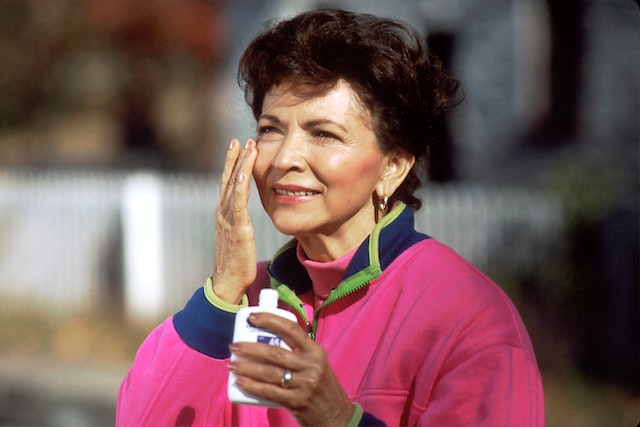
Ringworm and eczema are two skin conditions that can cause itching, redness, and discomfort. Although they may appear similar, there are some significant differences between the two. Understanding these differences is essential for determining an accurate diagnosis and finding the right treatment plan. This article will discuss some of the ways to tell the difference between ringworm and eczema.
What is eczema?
Eczema is a chronic skin condition that results in dry, itching, and inflamed skin. The exact cause of eczema is unknown, but it is thought to be due to a combination of genetic and environmental factors. People with eczema often have a family history of the condition, and it is more common in people who live in urban areas or who have allergies.
There are several different types of eczema, but the most common is atopic dermatitis. This type of eczema usually begins in childhood and is characterized by dry, itchy skin that can worsen in response to irritants or allergens. Eczema is not contagious, but it can be very uncomfortable and even painful.
What is ringworm?
Ringworm is a common fungal infection that appears as a red, circular rash. It is often itchy and can be uncomfortable, but it is not usually serious. Ringworm is caused by a group of fungi called dermatophytes, which thrive in warm, moist areas.
The fungus can spread through direct contact with an infected person or animal, or by touching contaminated surfaces such as towels or clothes. It can also be spread indirectly, through contact with objects or materials that have been in contact with an infected person or animal. Ringworm is most commonly found on the scalp, body, feet, and nails.
Signs & symptoms of Ringworm vs. Eczema
The following are the signs and symptoms of ringworm vs. eczema.
Location
Ringworm typically appears on the head, neck, arms, and legs as it is caused by a fungus. Eczema can appear in any part of the body but is most commonly found on the hands, feet, face, and other areas that bend such as elbows or knees.
Appearance
With ringworm you may see red or brown patches with raised edges that are often itchy with scaling skin in the center. Eczema is usually seen as dry and scaly reddish patches with bumps at times filled with fluid which may ooze out when scratched.
Itching
Itching is typically more severe and frequent with ringworm than with eczema.
Scale
The scales caused by ringworm can be scraped off while those created by eczema are not easily removable.
Blisters
Ringworm may cause blisters whereas eczema does not usually form blisters on the skin.
Burning sensation
People with eczema often experience a burning sensation, which is not generally associated with ringworm.
Skin thickness
The skin around the edges of the rash is usually thicker in people who have ringworm as opposed to those with eczema whose skin remains thin and delicate even after scratching or irritation has occurred.
Color
The patches caused by eczema are usually lighter than those of ringworm which can range from light to dark brown in color.
Crusting
Ringworm may cause crusting whereas eczema does not generally form crusts on the skin.
Pain
Pain is usually not associated with ringworm but it can be present with eczema due to the thickening of the skin and itching sensation.
Spread
With ringworm, the spots tend to spread out and become larger while eczema rashes usually remain confined to a specific area without spreading outwards.
Duration
Symptoms of ringworm often go away within four weeks if treated properly while eczema can persist for weeks or even months at a time.
Treatment for eczema
Although there is no cure for eczema, there are several treatments that can help to relieve symptoms and prevent flares. Topical corticosteroids are often prescribed to reduce inflammation and itchiness, while moisturizers help to soothe and protect the skin. In some cases, oral medications may also be necessary to control severe symptoms. With proper treatment, most people with eczema are able to manage their condition and enjoy healthy, symptom-free skin.
Treatment for ringworm
Although ringworm is often harmless, it can be uncomfortable and itchy. Treatment for ringworm typically involves antifungal creams or oral medications. In severe cases, oral antifungal medications may be necessary. Ringworm is highly contagious, so it is important to practice good hygiene and to avoid sharing personal items with others. With proper treatment, ringworm usually clears up within a few weeks.
The bottom line
Knowing the difference between ringworm and eczema is essential for determining an accurate diagnosis and finding the right treatment plan. While both skin conditions have overlapping features, there are some distinct characteristics that help differentiate the two. This article has outlined ways to identify which condition you may be suffering from
Hey welcome to my blog . I am a modern women who love to share any tips on lifestyle, health, travel. Hope you join me in this journey!

Speak Your Mind